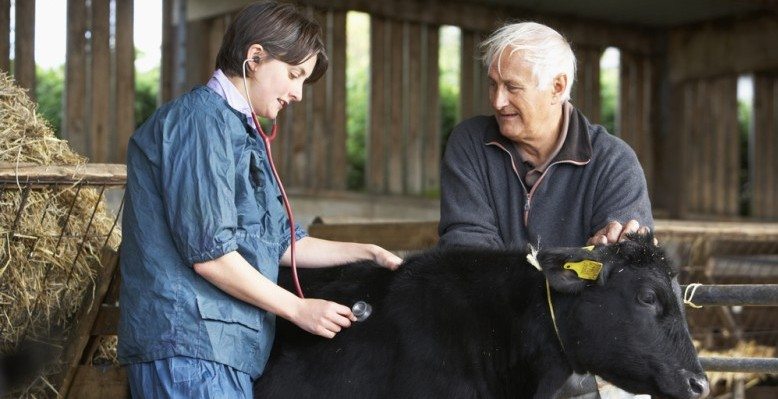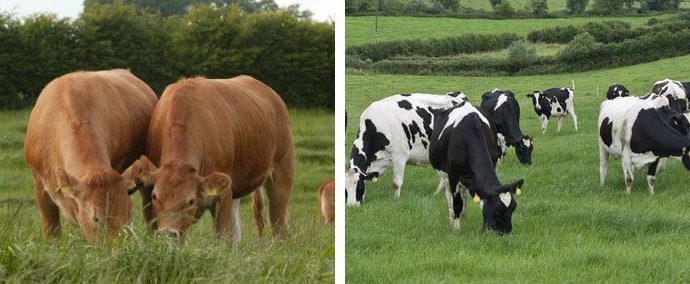Ireland’s Veterinary Medicines Regime Is Robust – IFA

-Comments by some veterinary reps commercially motivated
IFA Animal Health Chairman Pat Farrell said that Ireland’s veterinary medicines regime is extremely robust, and farmers use of veterinary medicines are of the highest standards. This fact is confirmed in the annual Department of Agriculture Residue Monitoring Reports highlighted by RTE’s Prime Time on Tuesday, April 6th.
“Farmers understand and comply with withdrawal periods when treating our animals. We are the people legally responsible for the health and welfare of all the animals under our care, despite spurious unfounded claims to the contrary by one contributor to the RTE programme.”
Pat Farrell also noted that the use of antibiotics had reduced considerably on farms (particularly those prescribed through co-op mastitis control programmes, where there is no vested economic interest in the sale of these products).
IFA, the Department of Agriculture and industry stakeholders work together on the National Antimicrobial Committee, developing strategies that ensure antibiotics are prescribed and used responsibly, which effectively addresses the concerns associated with Antimicrobial Resistance (AMR).
Clearly, some of the veterinary lobby comments are driven by a commercial agenda to create a monopoly in the ‘sale and supply’ of veterinary medicines by removing competition from the area.
“Comments by Veterinary Ireland reps on the programme about ‘industrial type farms’ and alleging the illegal importation of veterinary medicines from Northern Ireland are grossly misleading.”
Pat Farrell said the Department of Agriculture is currently deciding how to implement the new EU Veterinary Medicines Regulation in 2022. Worryingly the direction of travel on this issue by the Department of Agriculture, informed by the Veterinary Council, is to create a monopoly of control in vets’ hands.
The veterinary profession has put on public record the dependence of large animal veterinary practices on veterinary medicines sales for their economic viability. This raises concerns for prudent and responsible prescribing where this conflict exists.
“The Minister for Agriculture, Charlie McConalogue, must resist the concerted effort by the veterinary lobby to restrict access to all veterinary medicines to vets only, which could result in a dangerous conflict of interest,” he said.
“Ireland already has a robust system where pharmacies and licensed merchants play a crucial role in servicing some of the animal health needs of farmers. They provide advice and guidance on certain issues and can sell some products under strict controls. The system is working, and there is no need to change it.”
The IFA Chairman said the professionalism of farmers, non-veterinary service providers’ expertise, and the advances in analytical tools must all be recognised and facilitated in implementing the new EU Veterinary Medicines Regulation.


